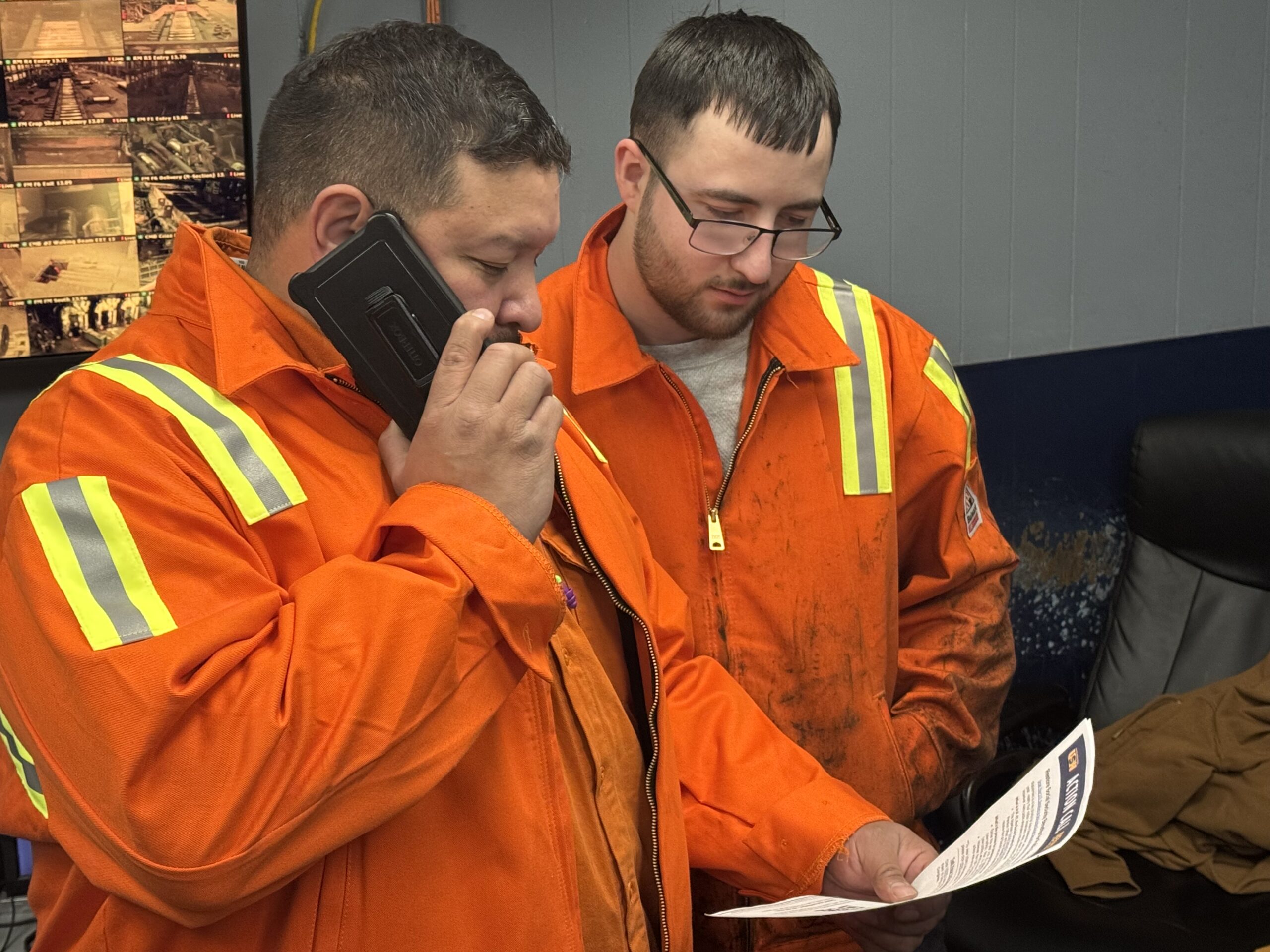Make the Call! Tips for Calling Your Elected Officials
Engaging with elected officials is one of the most powerful ways to create change. Constituents bring attention to issues and heavily influence lawmakers. The more people involved, the greater the impact!
Our elected officials work for us. By making our voices heard, we push for our concerns to be prioritized.

Here are some tips for calling your elected officials:
Not sure who to call?
No worries – Rapid Response has you covered because each Action Call provides customized instructions.
Who answers the phone?
Typically, staff members or interns will answer, or you’ll be given the option to leave a message.
Unsure about what to say?
You don’t need to be an expert on the issue. Rapid Response provides key talking points. Here’s what matters most:
- Introduce yourself and mention where you’re from — this lets the office know that you’re a constituent.
- State your position on the issue. If there’s a specific bill, you should reference the bill name, the bill number, and other relevant details provided by Rapid Response.
How long will the call take?
Most calls are quick – often just a minute or so. Remember, the person answering usually only needs to know your name, where you’re from, and your position on the issue.
Feeling nervous about calling?
Watch this video to see just how simple it is to make the call!
Want to Learn More?
See how the USW is making a real difference in our communities and our workplaces.